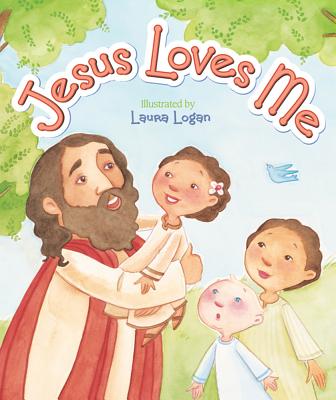
Butler, S. Kent
Opening chapters provide readers with a historical overview of the field, introduce practical aspects of counseling, and address the therapeutic relationship. Additional chapters examine the various professional roles of the counselor, clinical techniques and culturally relevant approaches, invitational skills, reflecting feelings and meaning, paraphrasing and summarizing, challenging, and goal setting. Readers learn about termination, assessment and diagnosis, creativity, wellness, and working with athletes.
Written with the goal of shaping beginner helpers into more culturally attuned, responsive, and reflective practitioners, Intersectional Counseling Skills is an essential textbook for foundational courses in the discipline. It is also an excellent resource for counselor educators, supervisors, and practitioners to enhance their teaching and practice.







